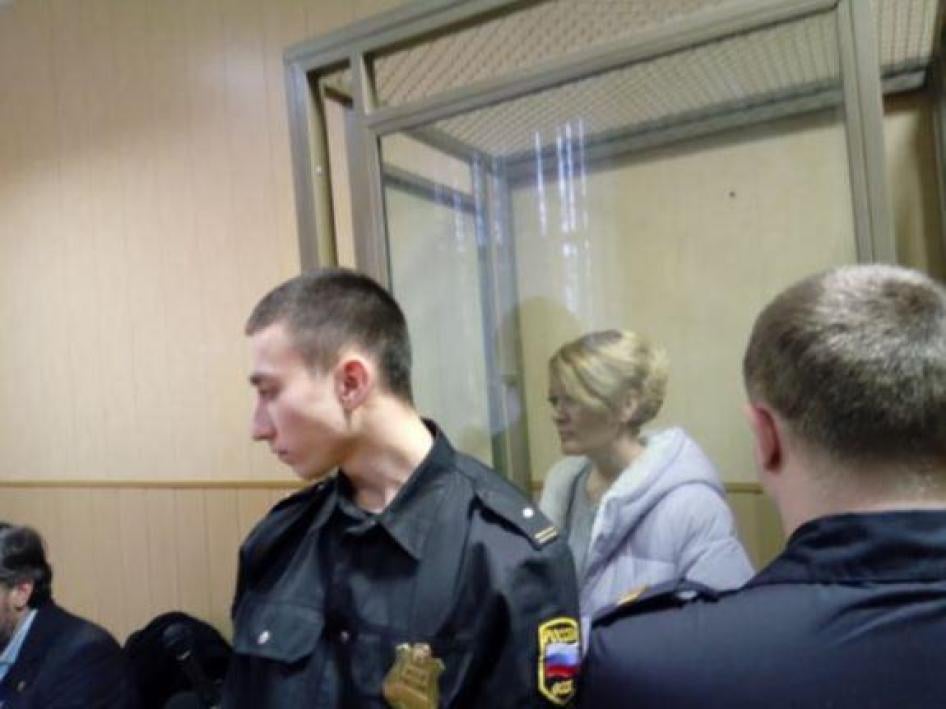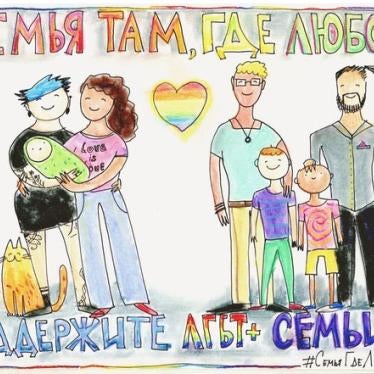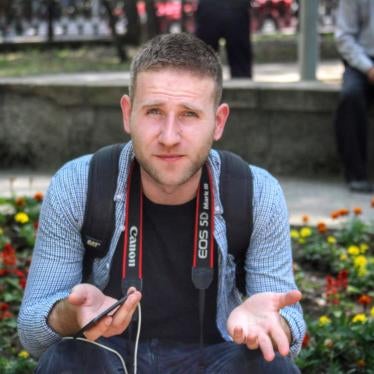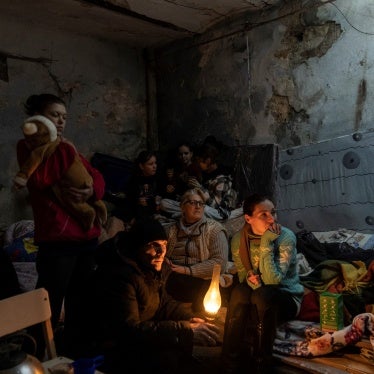Last weekend, news broke that Russian police had placed a surveillance camera in the bedroom of Anastasiya Shevchenko, an activist currently facing criminal charges for involvement in an “undesirable” foreign organization. Shevchenko’s daughter, who posted the news on social media, also said Anastasiya’s apartment had been wired for nearly five months in 2018, prior to her initial arrest. Unbeknownst to Anastasiya, the police installed a hidden camera pointing at her bed. It’s unclear what police were trying to catch on film in Shevchenko’s home, but what is certain is they have grossly violated her privacy in an inappropriate and humiliating manner.
The police surveillance warrant request says Shevchenko could present a threat to Russia’s security and public order, alleging her potential involvement in organizing mass unrest, extremism, incitement of violence against government officials, and involvement in an “undesirable organization.” Russian law criminalizes involvement in foreign organizations it has banned as “undesirable.”
Case materials describing Shevchenko’s actions show the grotesque lengths Russian authorities are willing to go to use this law against critics. They note she was a member of the banned Open Russia Civic movement and participated in events like debates in that capacity. The case states that on three occasions during the year, Shevchenko organized a workshop; spoke at a movement meeting about free legal aid, using social media, and participation in local elections; and finally attended a peaceful authorized protest, where she held a placard that read, “We’re tired of you.”
That’s it.
Yet for these entirely peaceful exercises of free expression and assembly, Russian authorities filed criminal charges, used a senior investigator for especially important cases, and planted a hidden camera to record what happens in Shevchenko’s bedroom. And during court hearings, the prosecution continues to refer to her as a “threat to constitutional order” and “threat to national defense.”
This whole situation might seem too surreal to be true, but it is a perverse reality. Shevchenko spent over a year under house arrest, only able to go outside for fresh air on her way to interrogations. She is facing a criminal trial and, if convicted, a maximum six-years’ imprisonment. Two more Open Russia activists are currently already on trial on similar charges. And now she and her defense team are suffering the humiliating experience of reviewing hours of video footage from her bedroom. Russian authorities should drop charges against these activists and finally repeal the “undesirables” law.










